ISS Commander’s Log with Andreas Mogensen
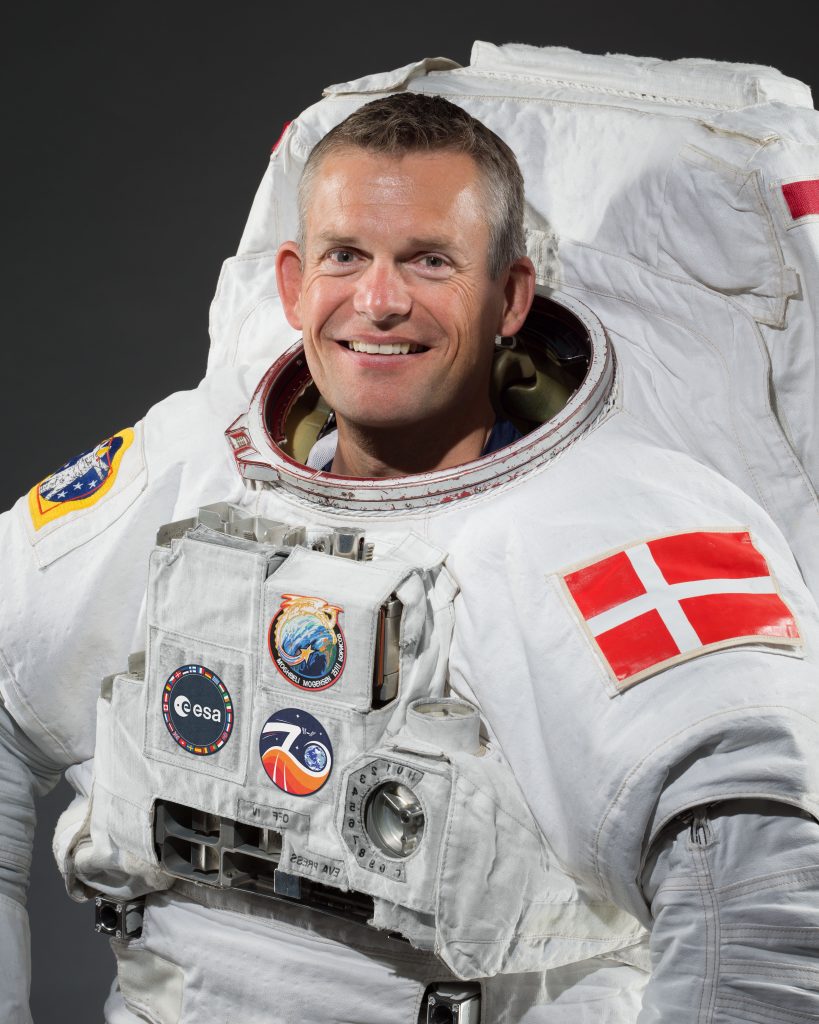
ISS Commander’s Log with Andreas Mogensen The ISS is a laboratory, where we can conduct scientific research and technology development. The scientific research broadens our understanding of our world, providing deeper insights into physics, chemistry, biology and more. It expands our knowledge, which in turns helps us all on Earth. The ISS is also an […]
Spacecraft Materials Kit
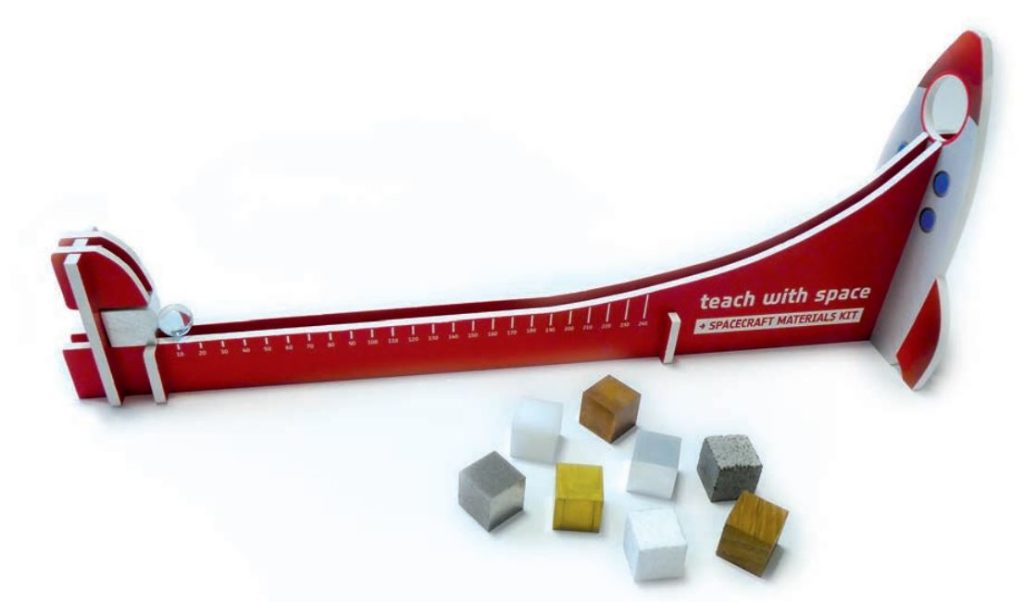
Brief description: Pupils can use the ESA Spacecraft Materials Kit to experimentally investigate a variety of different materials. A set of five activities enables pupils to get acquainted with the properties of different materials, comparing and grouping everyday materials based on: electrical conductivity, thermal conductivity, mass, magnetism, and resistance to impact. Pupils will consider which materials are best […]
Tell-tale signs of a shooting star – Comets, meteors and craters in the Solar System
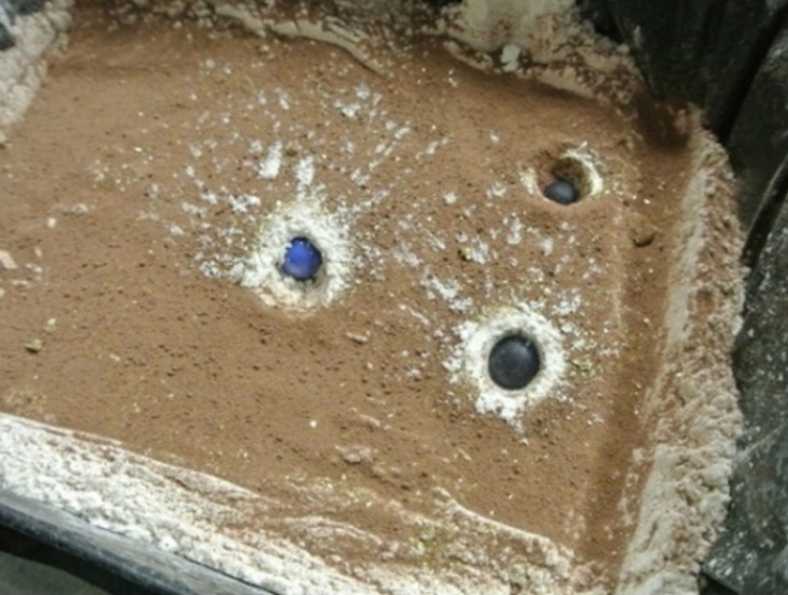
Brief description: To many ancient civilisations, the tale of a shooting star was an omen of things to come. In this series of activities, pupils will learn that a shooting star or meteor is actually a piece of rock that lights up as it travels through the Earth’s atmosphere. They will also learn why this […]
Astronaut Logbook: A week in the life of an astronaut with Samantha Cristoforetti
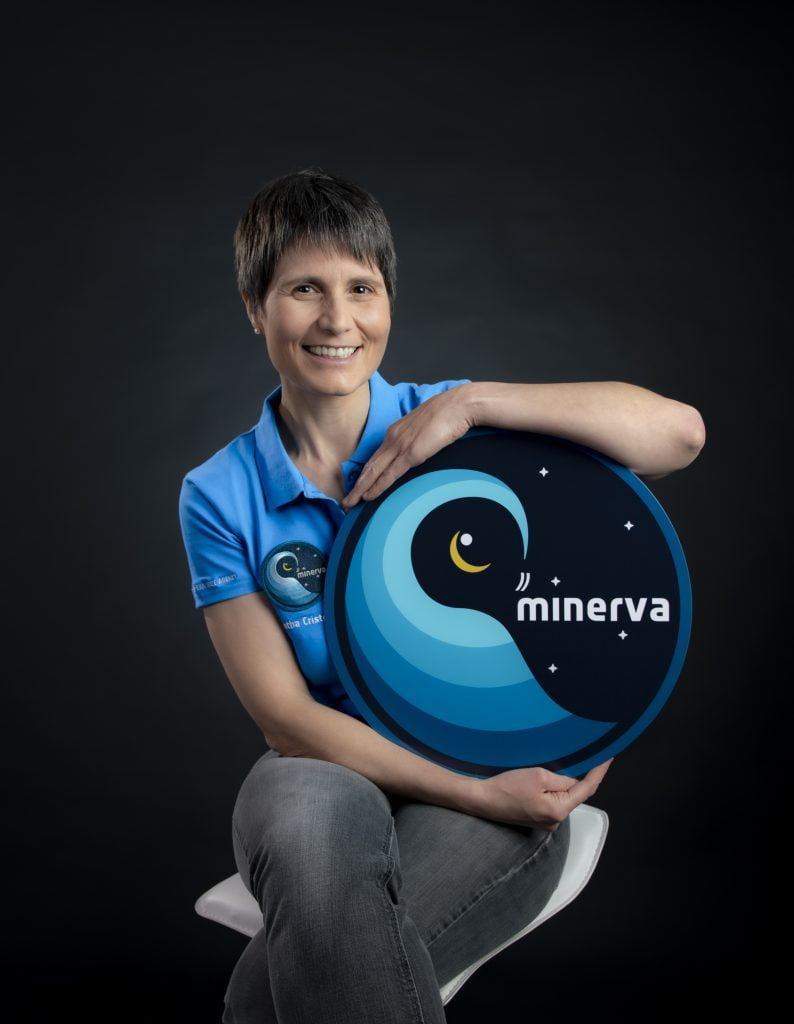
Astronaut Logbook: A week in the life of an astronaut with Samantha Cristoforetti Your Mission: Follow Samantha’s routine at the ISS for one week and compare her daily tasks to yours. Observe your everyday routine and keep a record of it. Brief description: In this logbook activity set, students will learn about a typical […]
Extracting Water from Lunar Soil – Learning about filtration and distillation
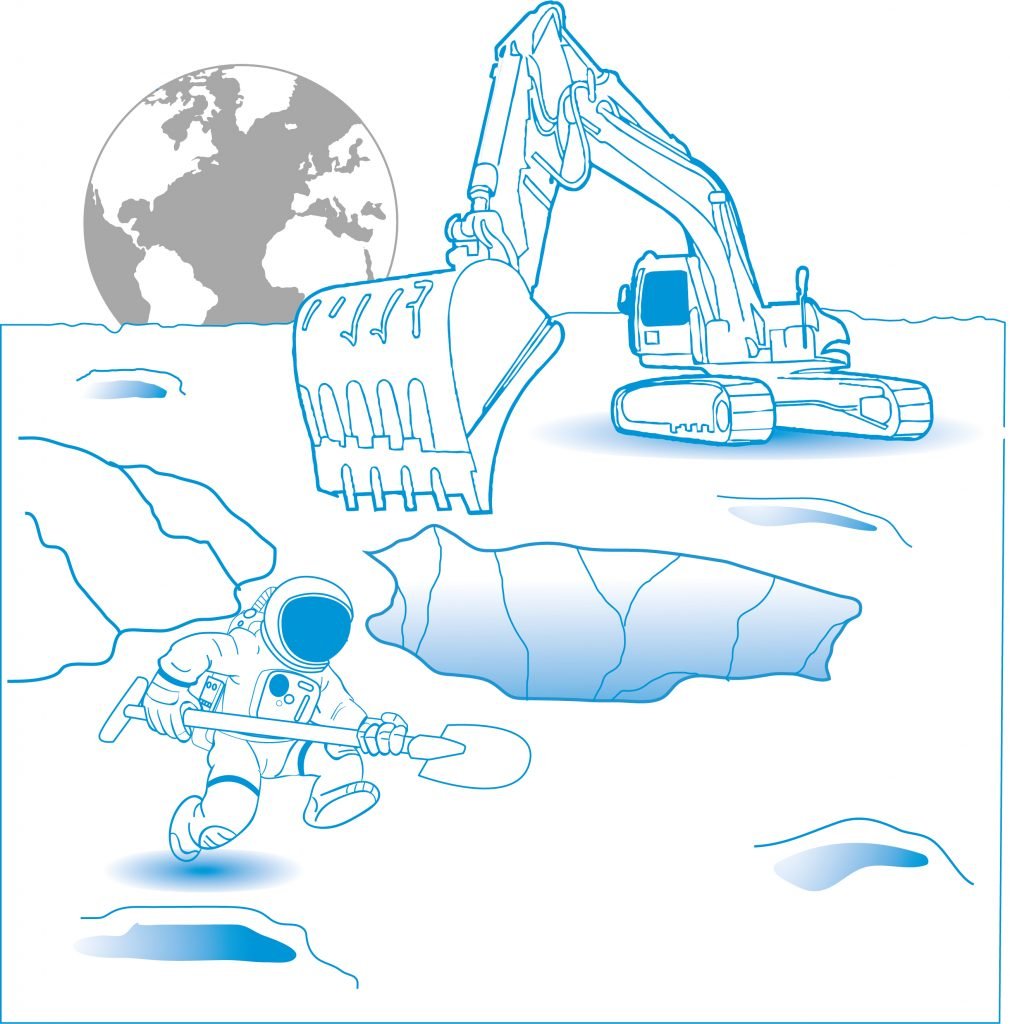
Brief description: In this resource, students will learn about changes of state of matter using water on the Moon as an example. They will interpret data from a pressure vs. temperature graph for water to enable a discussion about how changes of state are different on the Moon compared to what we are used to […]
Power from Water – How to produce oxygen and hydrogen on the Moon
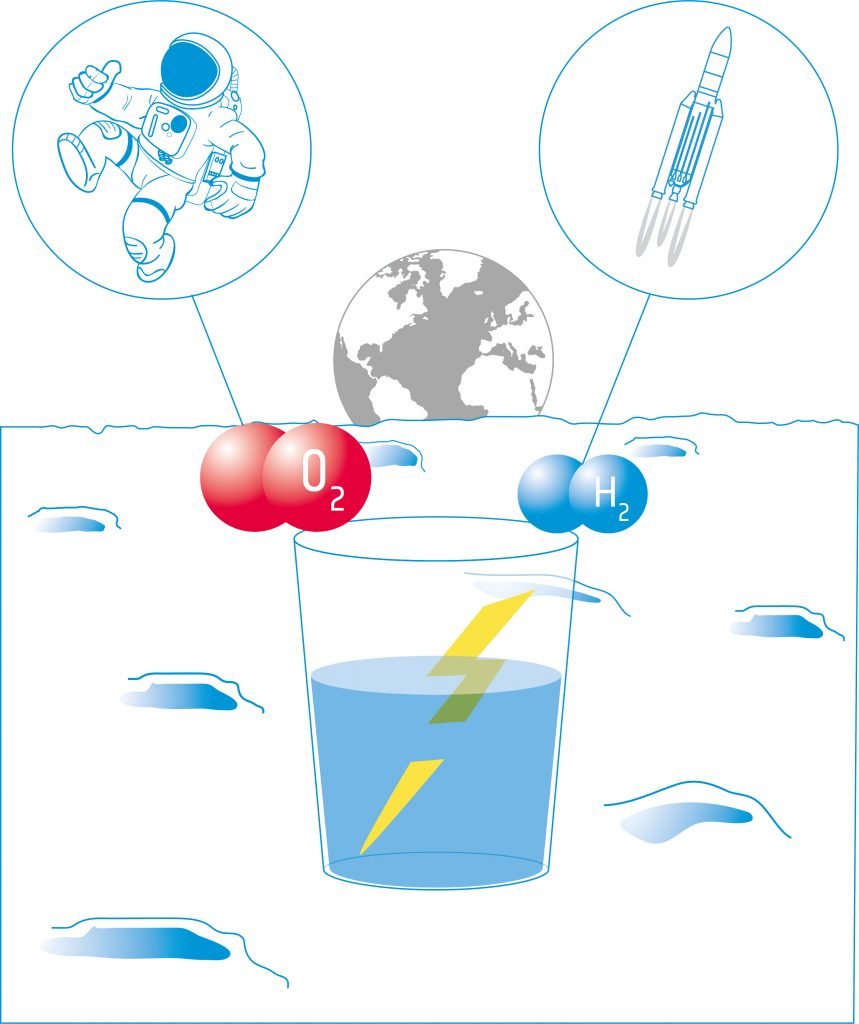
Brief description: In this set of three activities, students will learn about electrochemistry. In the first activity, they will build a voltaic pile – a simple battery. This invention marked the beginning of electrochemistry. Students will then study electrolysis. Electrolysis uses electric current to split water into its components: hydrogen and oxygen. These products can […]
Landing on the moon – Planning and designing a lunar lander
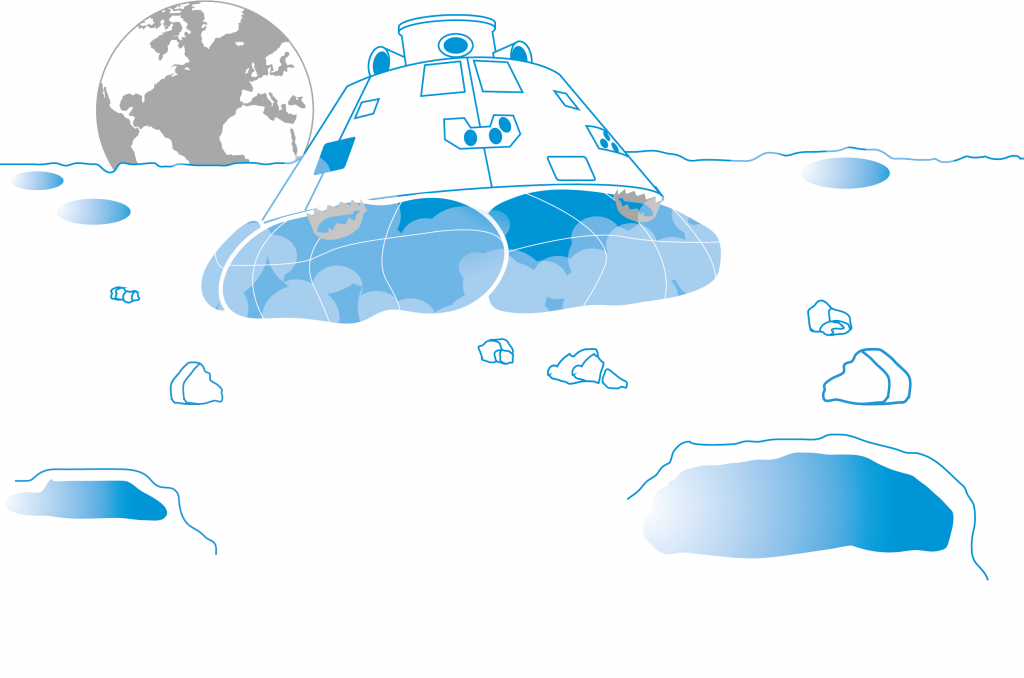
Brief description: In this set of activities, students will plan, design and build a landing module to secure the survival of the crew (in the form of an egg-naut) landing on the Moon. They will explore which factors should be considered when landing on the Moon, in comparison to landing on Earth. In the design […]
Power from Sunlight – Powering space exploration with solar energy

Brief description: In this set of activities, students will learn about two concepts that influence solar panel design for space missions: the inverse square law and the angle of incidence. Students will perform two simple investigations using a photovoltaic cell (solar cell) and a light source. First, they will measure how the power produced by […]
Space Bears – Lab-experience with Tardigrades
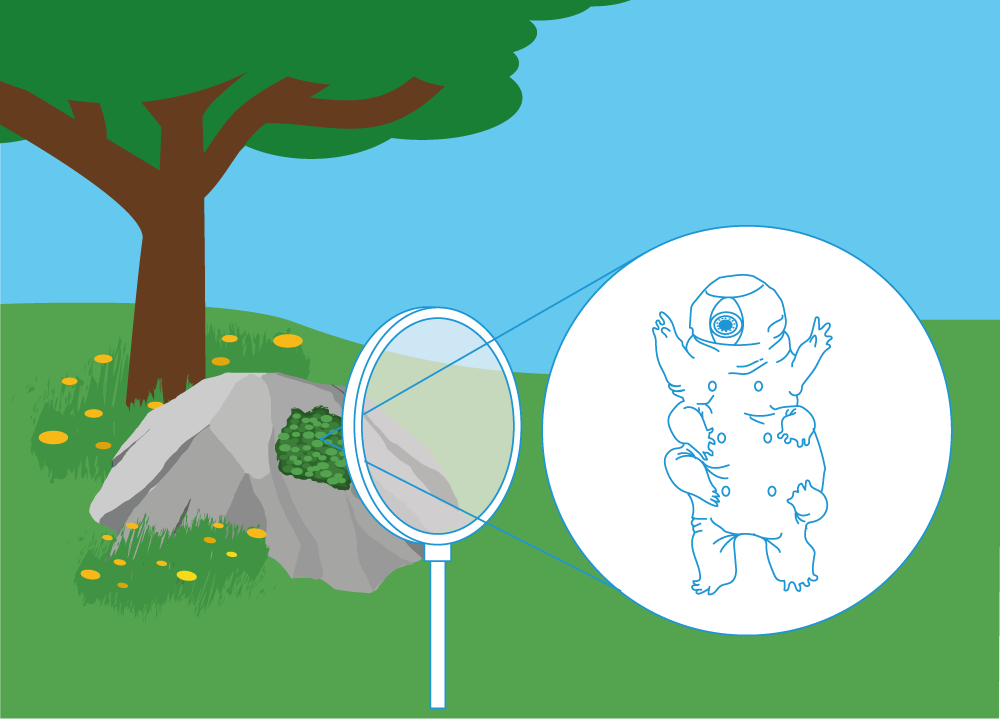
Brief description: In this set of experimental activities, students will investigate the survival abilities of tardigrades, also known as water bears. They will expose conditions and come to a conclusion about which environments they can survive in. The aim of this resource is to test tardigrades’ resilience to extreme environmental conditions and link their survival […]
Could life survive in alien environments? – Defining environments suitable for life
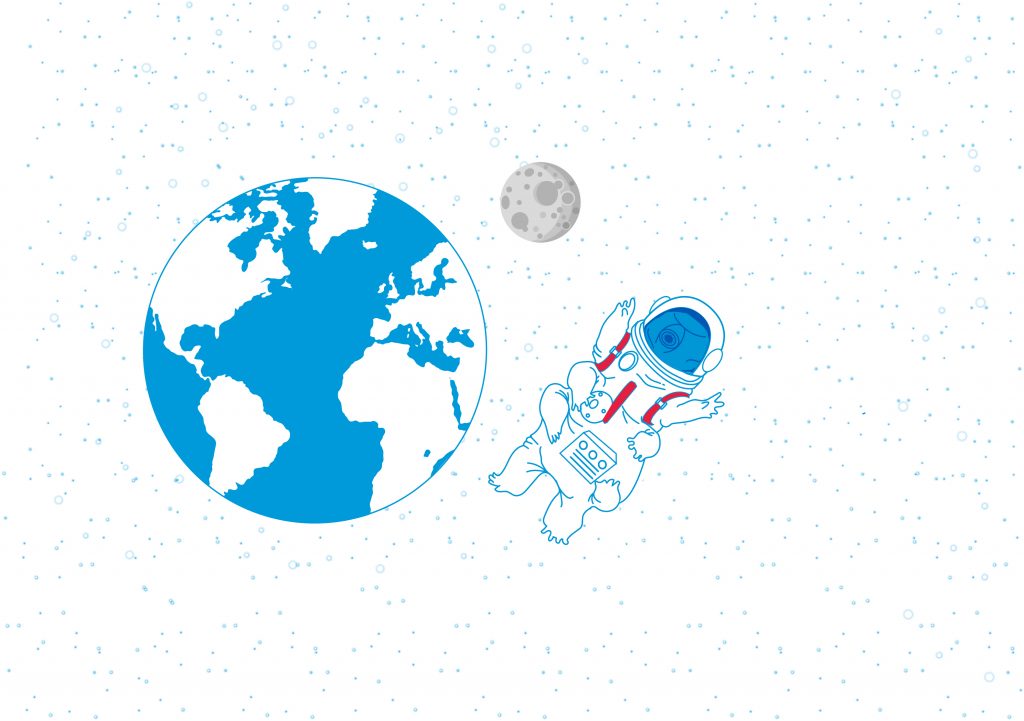
Brief description: In this activity, students will consider whether life found in extreme environments on Earth could survive elsewhere in the Solar System. Students will examine the characteristics of different places in the Solar System and then use fact cards of some example extremophiles to hypothesise which they think might be able to survive in […]

